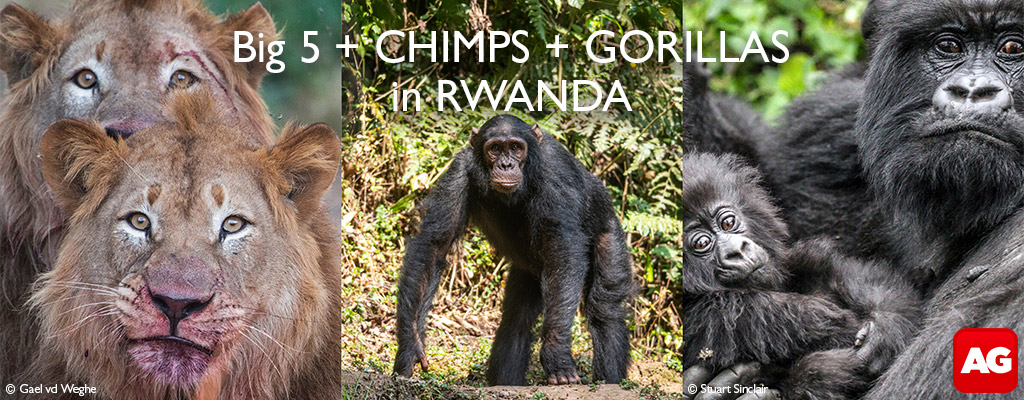
Much of the scientific understanding of the public perception of trophy hunting is based on the views of the Western public, while most existing studies tend to overlook the opinions of African people. One researcher set out to analyse the responses of three social media pages with predominantly African followers to understand better how African people view trophy hunting.
Mucha Mkono of the University of Queensland focused her research on the Facebook pages of BBC News Africa, News24.com and NewsDay-Zimbabwe, exploring and categorising the responses to posts relating to trophy-hunting subjects (1,070 posts in total).
She identified the prevalence of three major patterns and themes in the responses of African readers:
- The neo-colonial privileging of the Western elite;
- animals being valued over human lives; and
- the perceived greed of African politicians allowing the exploitation of wildlife resources.
The first of these – the neo-colonial character of trophy hunting – was one of the dominant patterns in the analysed social media responses, with 70% of African participants viewing trophy hunting as a privilege given to rich Westerners, economically excluding Africans. Many of the objections to trophy hunting were based not on animal welfare concerns but rather on the more complex historical and postcolonial associations surrounding it. Mkono points out that this pattern of responses resonates with the concept of “distributive (in)justice”, which centres around concerns related to whether monetary gains from the system flow back to local communities. Where this fails to happen, accrued revenues re-enact economic imbalances of the colonial past.
Around 80% of posters also criticised the Western community for championing animal rights causes while overlooking the suffering of African people living in proximity to the wildlife – and questioning the West’s assumed moral authority. From the analysis of the social media comments, the suggestion is that many African people feel that Westerners fail to appreciate or understand the impact or cost of co-existing with wildlife. Many of the responses also indicated a general dismissal of the West’s criticism of violence against animals as being exaggerated.

The final major criticism of trophy hunting was directed at African politicians and leaders, characterising them as greedy and lacking a moral compass. 60% of the responses indicated a feeling that elite groups were taking advantage of both the economic climate of Africa as well as the corrupt politicians, with trophy hunting resulting as a product of this complicity.
Naturally, there are acknowledged limitations to some of these results, not least of which is that it excludes by default the opinions of Africans not active on social media, particularly in areas where internet access is non-existent. The opinions of those living on the boundaries of protected areas or employed by the trophy hunting industry may not have been expressed. Mkono also suggests the possibility that sensationalist stories and bias in the original articles may also have directed the nature of the responses. There are also outlying views of certain responses by African people, including those who objected strongly to the animal welfare aspects of trophy hunting and the potential ramifications to the tourism industry.
Mkono’s study offers a different perspective on a debate that tends to centre around the moral acceptability of killing animals and the links between trophy hunting and conservation. The critiques of trophy hunting presented by African opinions on social media come from an alternative standpoint – one which observes a neo-colonial distribution of power, wealth, and access to resources. The study concludes that regardless of the conservation aspects of trophy hunting, “it is crucial to continue to interrogate consumptive forms of tourism such as trophy hunting, not only in terms of their economic value but also concerning their moral integrity, and from the perspective of local communities. In that endeavour, Africa’s leaders are likely to have more support if they find meaningful ways of engaging their citizens in wildlife policy decisions.”
The full study can be accessed here: “Neo-colonialism and greed: Africans’ views on trophy hunting in social media”, Mkono, M., (2019), Journal of Sustainable Tourism
To comment on this story: Login (or sign up) to our app here - it's a troll-free safe place 🙂.![]()








